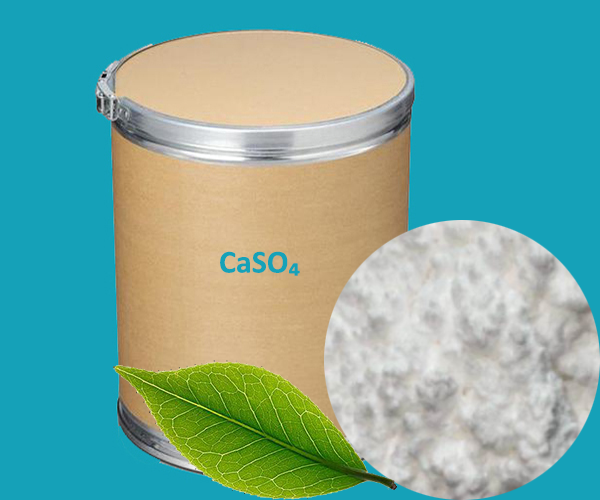Calcium sulfate, often recognized by its common name of gypsum, is a naturally occurring inorganic compound composed of calcium, sulfur, and oxygen. Its chemical formula is CaSO4.
Properties
It is a calcium compound with the formula CaSO4 and its related hydrates.
Its forms are white solids, barely soluble in water.
Its two common hydrates are Plaster of Paris and Gypsum.
Plaster of Paris is a Hemi-hydrate of calcium sulphate which is obtained by heating gypsum to 393 K.
Applications
The utility of calcium sulfate is wide and varied, touching upon a myriad of industries and sectors. Its applications can be broadly categorized as follows:
Construction Industry: Due to its excellent fire-resistant properties and low thermal conductivity, gypsum (dihydrate form) is widely used in the production of plaster, drywall, and cement. It is also used to prepare Plaster of Paris, a material widely used in crafting and medical applications.
Agriculture: As a soil conditioner, calcium sulfate is used to improve soil structure and reduce erosion. It also plays a role in correcting sulfur deficiencies in the soil and improving water penetration.
Food Industry: As a food additive (designated as E516), it is used as a firming agent, dough strengthener, and flour treatment agent. It also finds application in brewing beer as a water treatment.
Healthcare: Calcium sulfate is used in medicine for setting broken bones and making surgical casts. Its biodegradable nature allows it to be used as a temporary implant during bone grafts.
 English
English Español
Español Português
Português Français
Français Deutsch
Deutsch Русский
Русский 中文
中文 日本語
日本語
